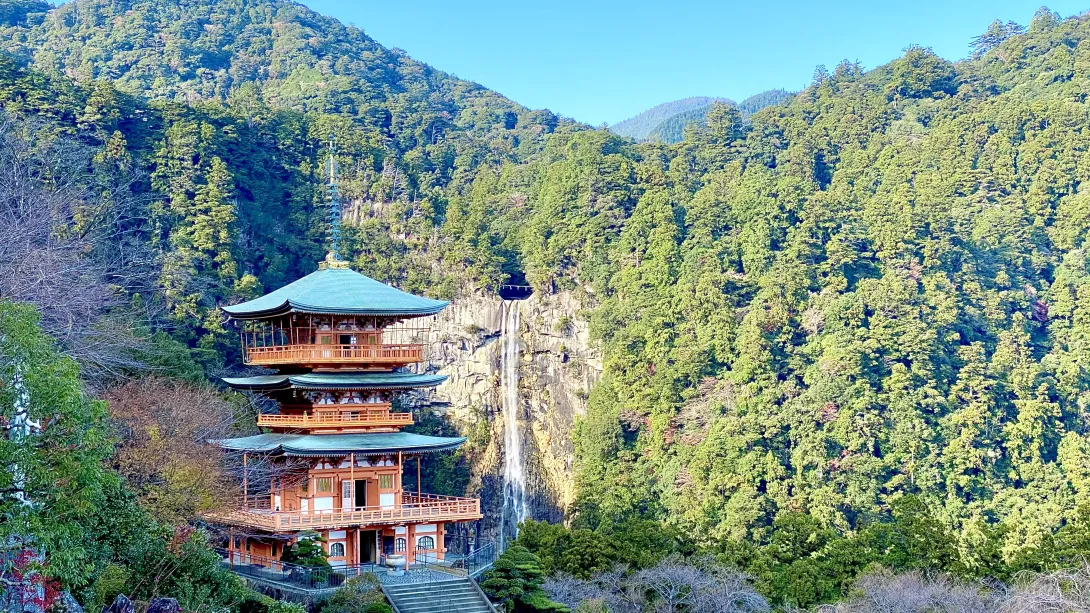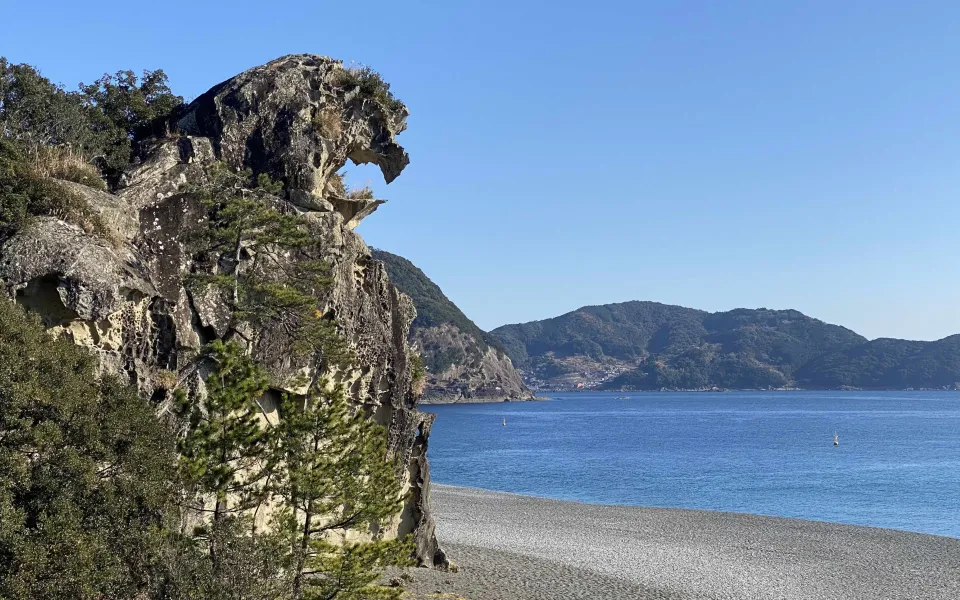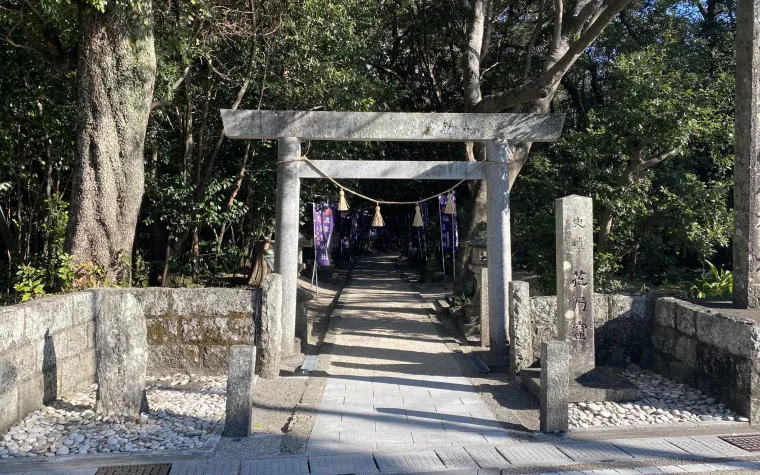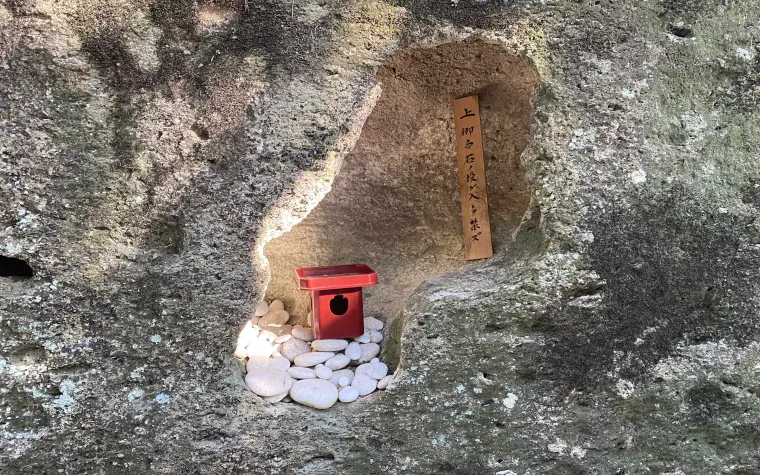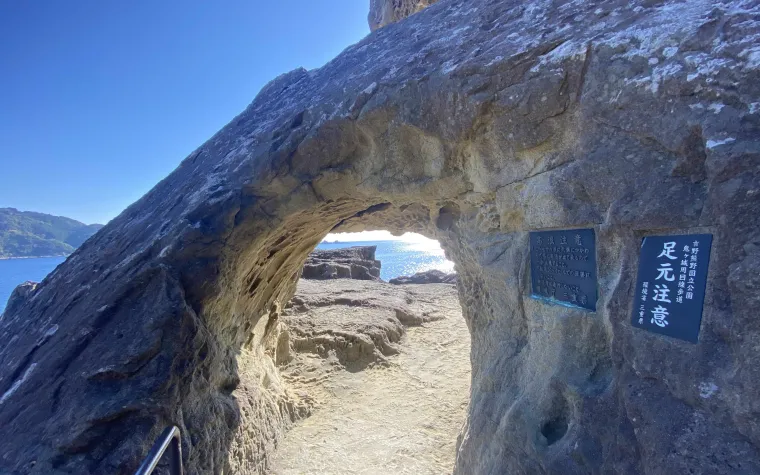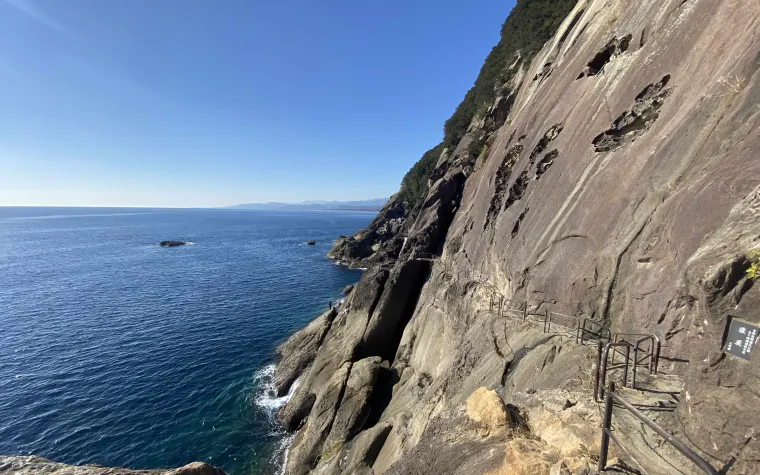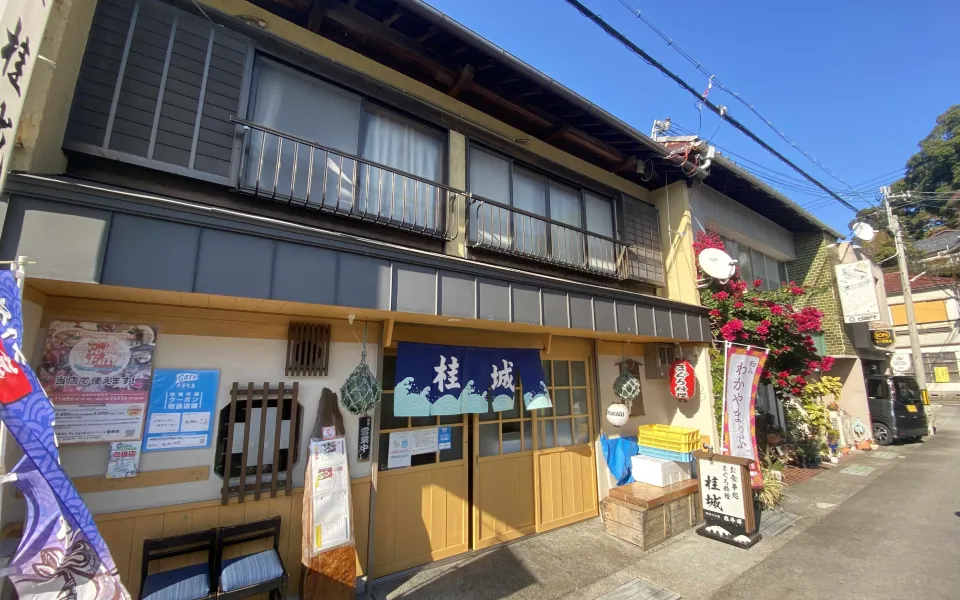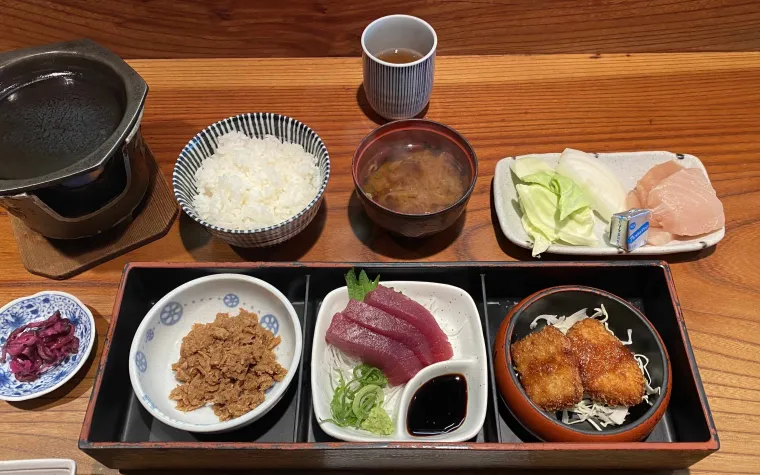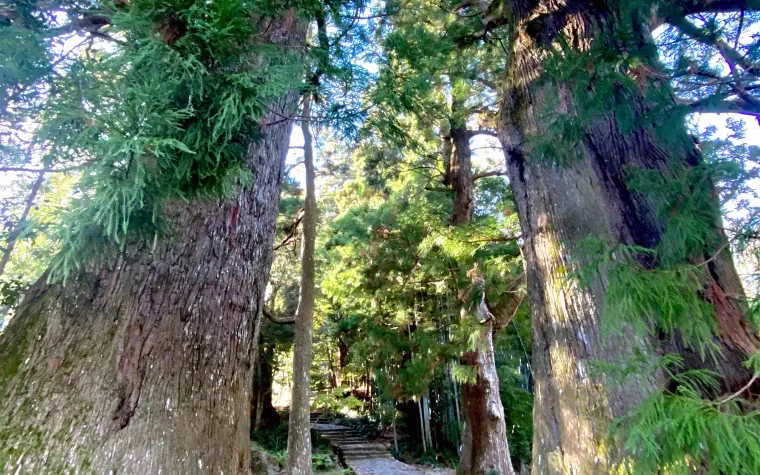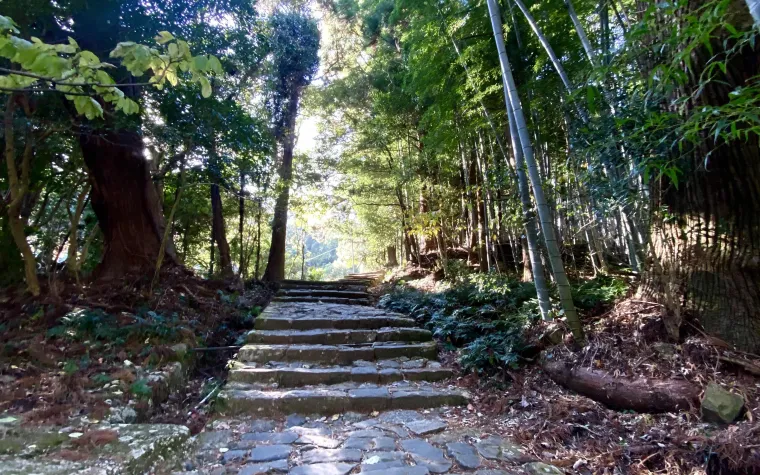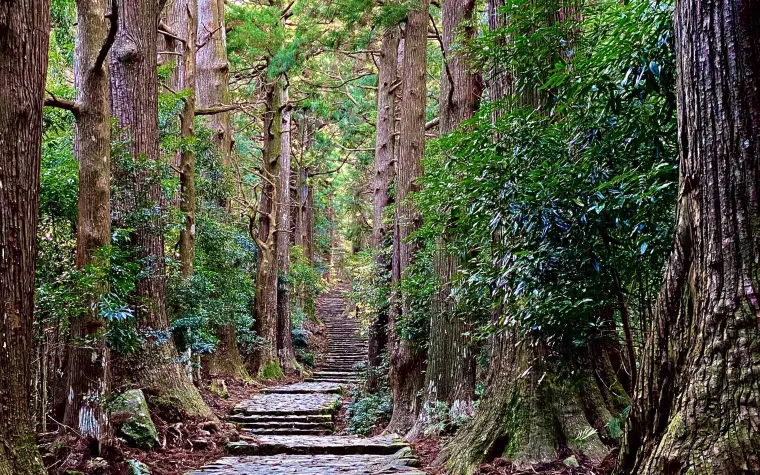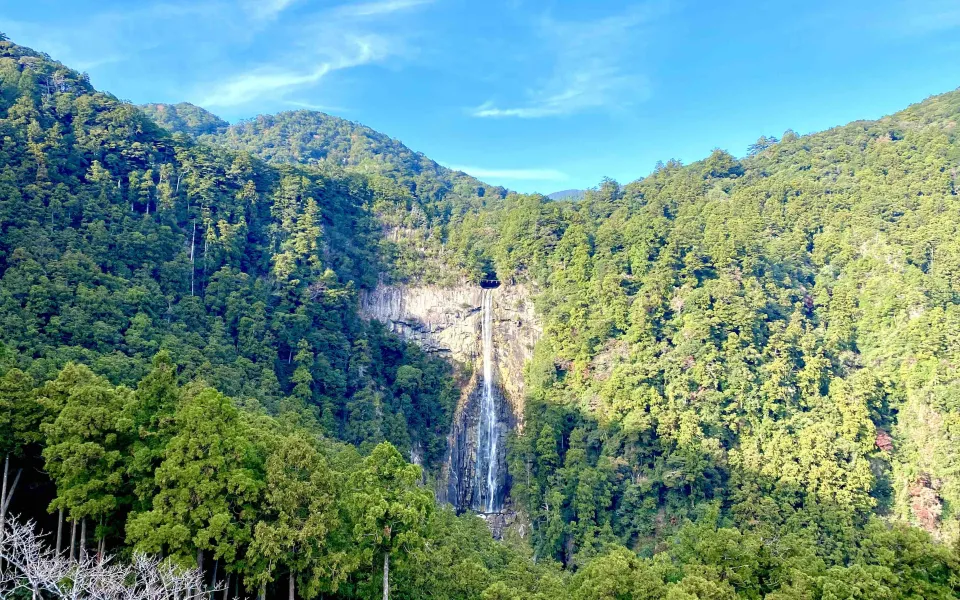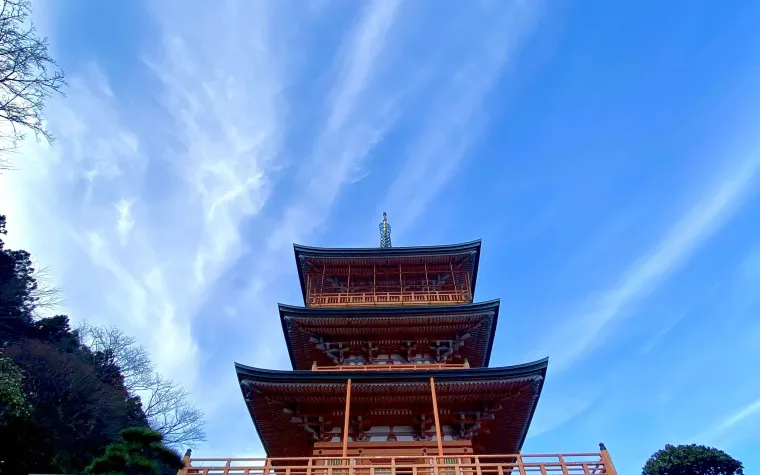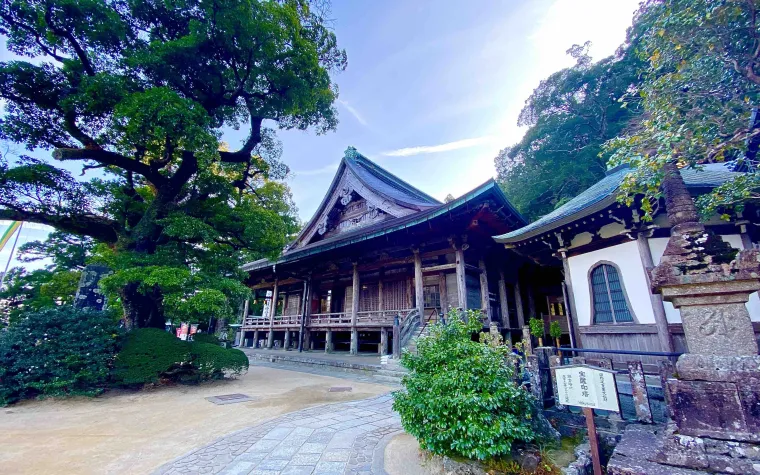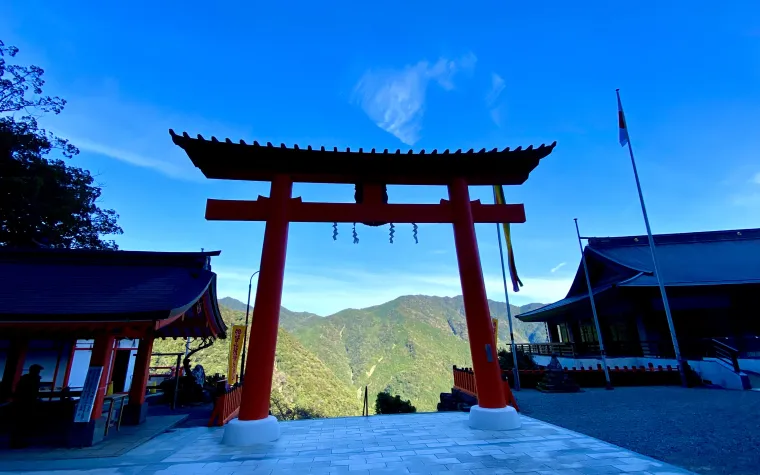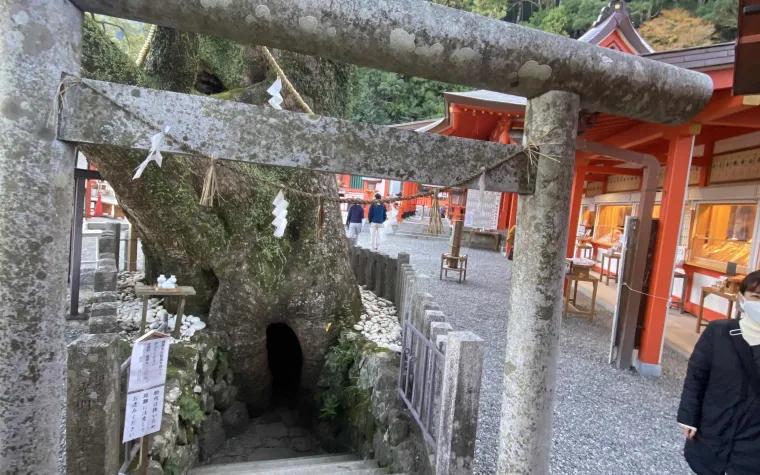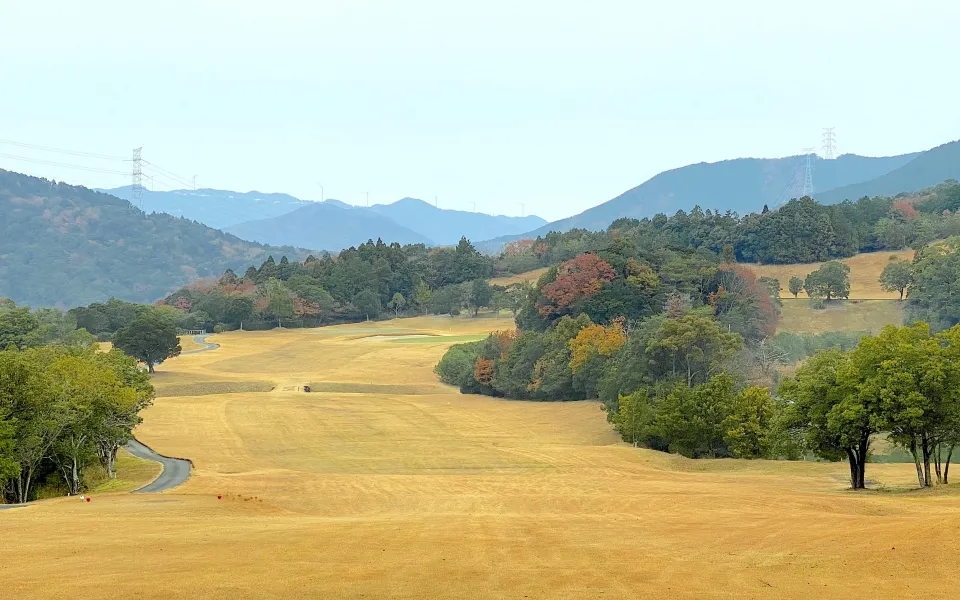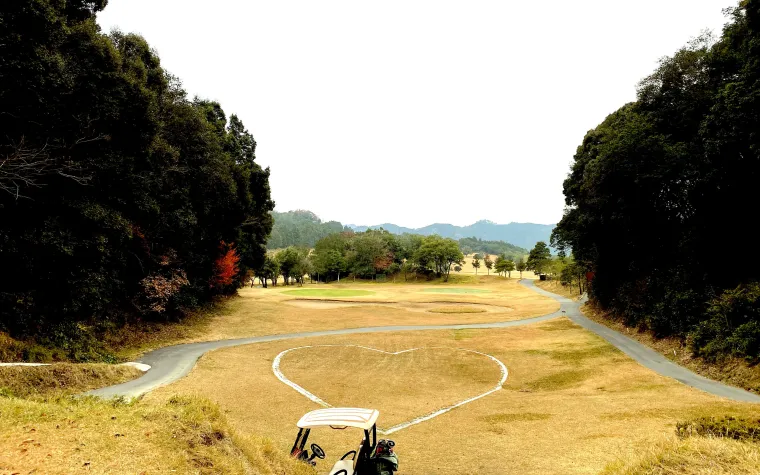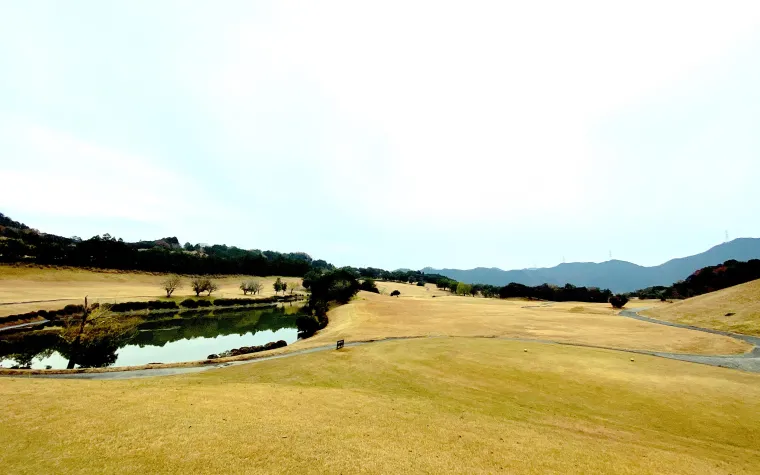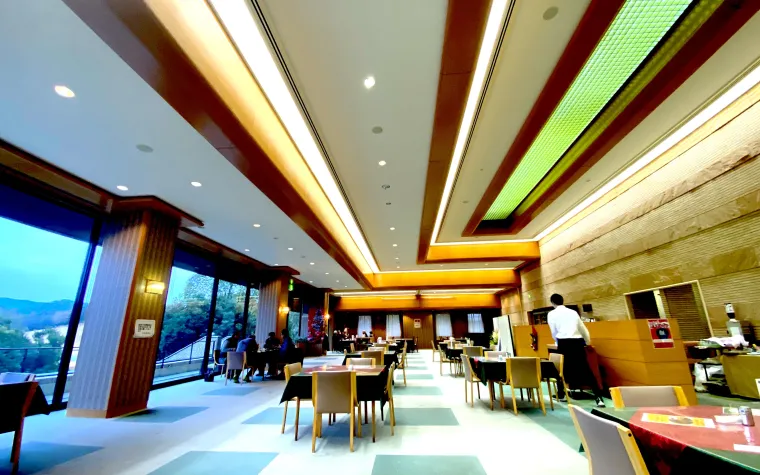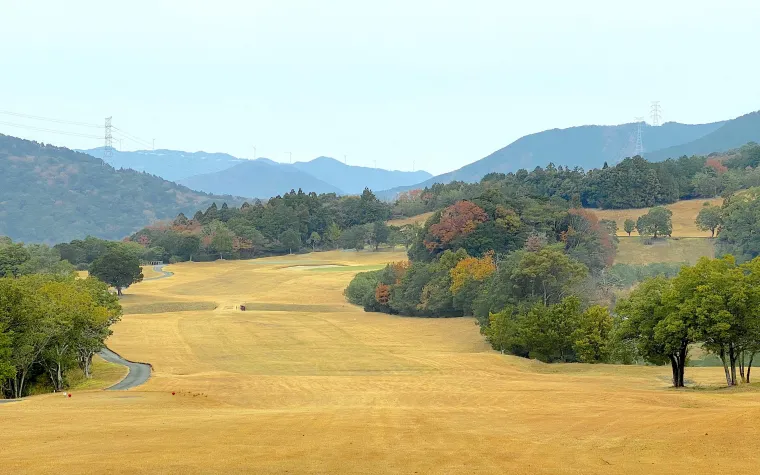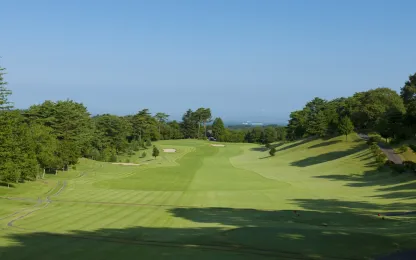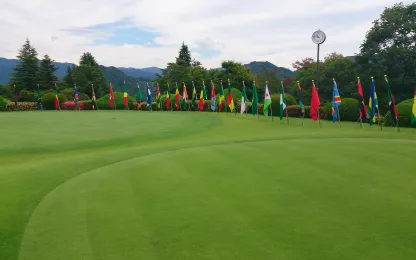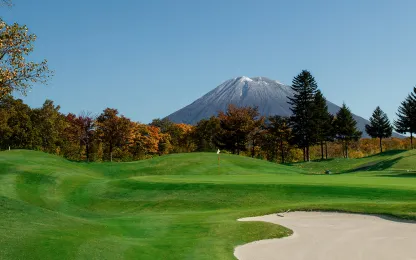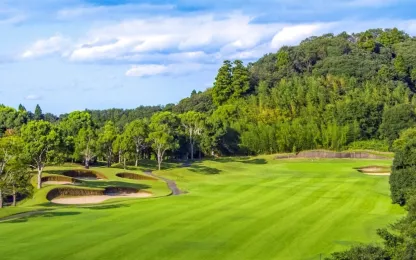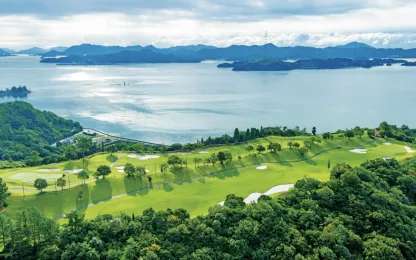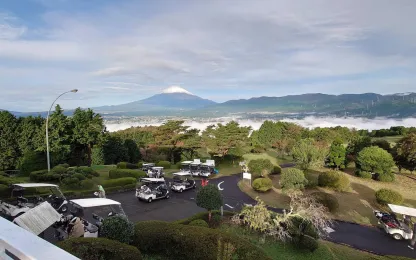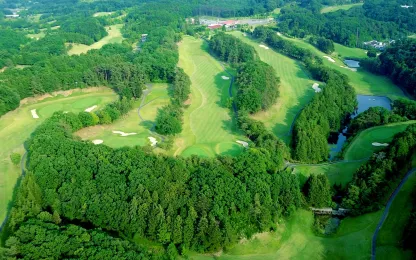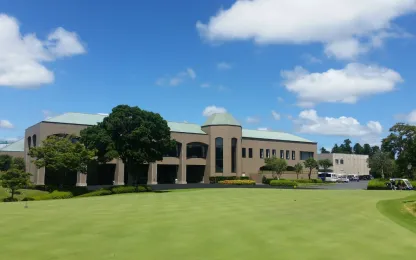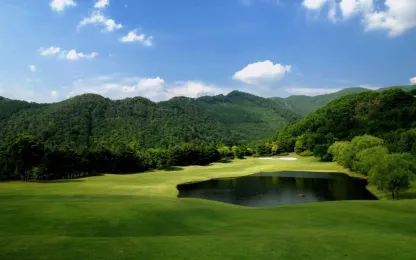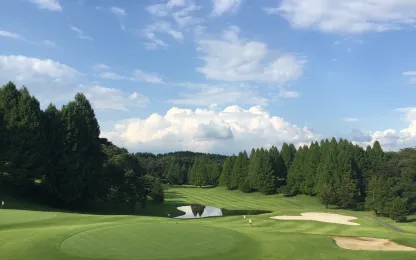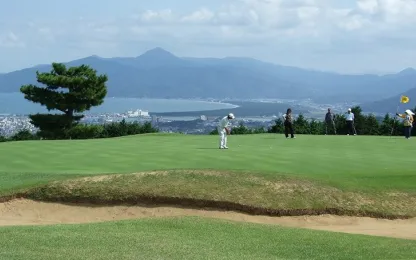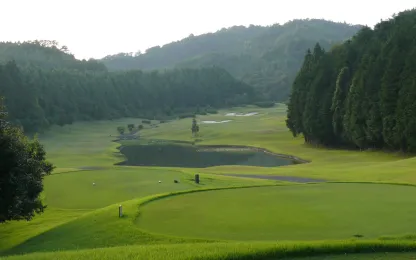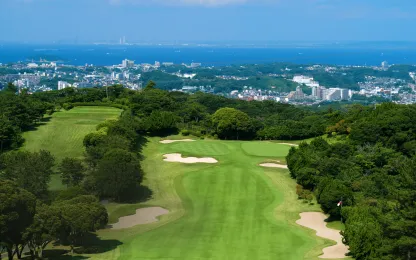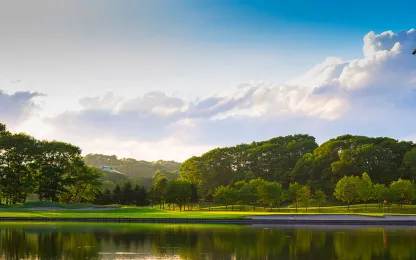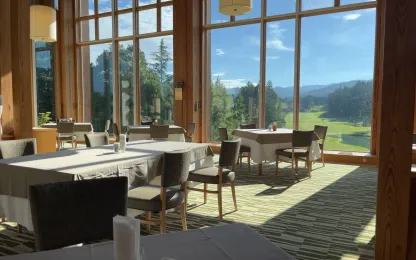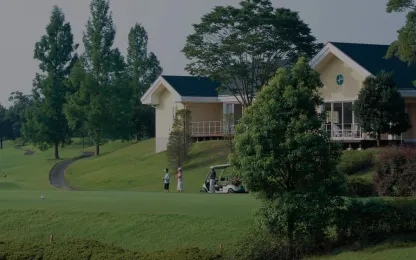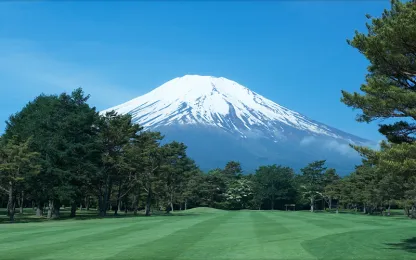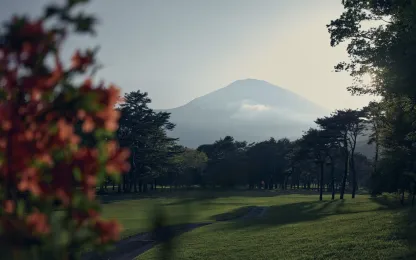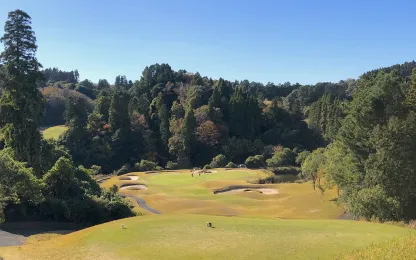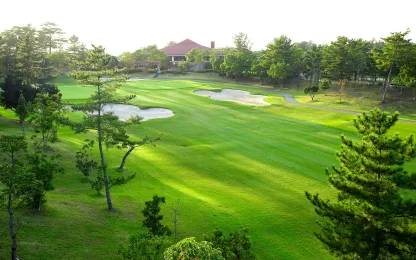With 27 holes, each possessing its own distinct character and challenges, The Manna Country Club offers a fun and leisurely round amidst breathtaking...
Latest japan travel
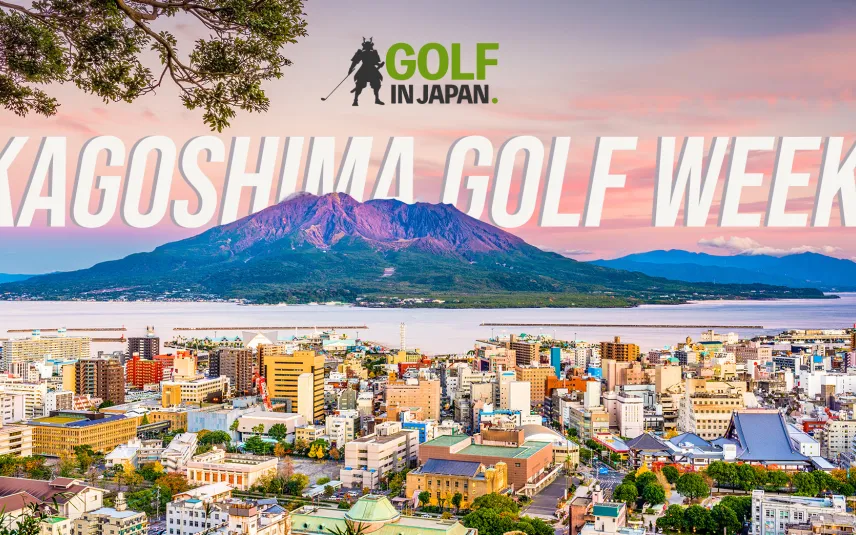
Kagoshima Travel Guide
Kagoshima Prefecture, located at the southern tip of Kyushu, is a region steeped in history, natural beauty, and cultural heritage. As the home of the powerful Satsuma samurai clan, Kagoshima played a crucial role in Japan’s modernization and was one of the first prefectures to engage in foreign
Playing golf in Mie? Combine it with a trip to nearby Wakayama
If you’re planning on making the trip south of Tokyo to explore Mie prefecture’s fantastic golf courses, Wakayama is the perfect place to fit in some Japanese cultural immersion, too.
A one-hour flight from Tokyo to Nanki Shirahama Airport will get you direct to Wakayama prefecture, about 100 kilometers southwest of Osaka in the Kansai region. My journey, though, didn’t begin there. As part of my golf and culture experience in Mie prefecture, I was lucky enough to explore the area’s fascinating historical and spiritual sights, finishing up at the sacred Ise-Jingu Shrine. Right after that, I continued in my rental car towards the coast and crossed into Wakayama prefecture, stopping at some must-see spots (and, of course, more golf courses) before heading north to Osaka to board the bullet train back to Tokyo.
Sightseeing highlights of the Mie-Wakayama coast: Onigajo, Hananoiwaya-jinja Shrine, Shishiiwa
The first leg of my journey began at the Mie/Wakayama border where I visited “Oniga-jo” — a formidable cliff formation shaped like the mouth of an “oni” (demon). Much of the coastline from Mie to Wakayama is dotted with terrific geographical features like this due to erosion by the Kumanonada Sea. You can explore the trail of carved steps that take you along the cliff edge for dizzying views out to sea. Make your way back to the visitor center to treat your courageous self to some yuzu-infused ice cream. It’s so good!
Just a few minute's drive from Oniga-jo and on the edge of the longest beach in Japan is Hananoiwaya-jinja Shrine. Most definitely a “power spot”, this is one of the oldest shrines in Japan (some people believe it is the oldest in Japan). You’ll find another imposing rock formation at the back of the shrine complex, this time in the form of a 45-meter-high, 80-meter wide slab of permeable stone with smaller, strangely shaped rocks on top of it. On the second of every February and October, there is a famous festival here where they make a massive braided rope and hang it from the cliff face all the way to the beach.
The last stop before I headed over the border was for a photo at Shishi Iwa or “Lion Rock”. Again the cliff face has been eroded here to make a shape of what I think looks more like an eagle’s head than a lion. Whatever animal you see, it is definitely an Instagram-worthy spot!
Katsuragi Restaurant: Where it’s all about the maguro
Crossing the border into Wakayama, I headed to the town of Nachikatsuura, famous for its outdoor hot springs in an area called Nanki Katsuura Onsen. It should also be, in my opinion, famous for having one of the best places to eat maguro (tuna) in the world: Katsuragi Restaurant.
This unassuming establishment has lots of things on the menu all paying homage to its star ingredient - maguro - which is served fresh-caught that day from the nearby coastline. It is mind-blowingly good. Just go ahead and get the lunch set for a sample of maguro sashimi, maguro fried in soup and maguro sauteed to perfection. Definitely gets a double thumbs-up from me!
Nachikatsuura is also one of the entry points for the famous Kumano Kodo, a network of atmospheric walking trails through the mountains of the Kii Peninsula. A World Heritage Site, it has connected the region’s holiest pilgrimage destinations here for over 1,000 years. The trail is paved in parts and winds its way variously through the mountains and along the coast. There are several accessible short trails that you can easily join for a taste of what the pilgrims - including the Imperial Family, no less - would have experienced in the past.
A Wakayama must-see: Kumano Nachi Taisha Grand Shrine
One of the recommended trails is from the “daimon-zaka” slope to the Kumano Nachi Taisha Grand Shrine. Follow an ancient cobblestone staircase lined with centuries-old trees, and at the top, you’ll be able to get your first glimpse of the jaw-dropping Kumano Nachi Taisha Grand Shrine in the distance. You’ll need to climb some more stairs after reaching the top of the “daimon-zaka” to get to the entrance of the shrine but trust me when I say that the effort is more than worth it. This is one of those places that really has to be seen to be believed.
The shrine sits nestled in a mountaintop complex with the Nachi Waterfall to its right cloaking a bright red pagoda in a godly mist. It’s a sight you’ll probably have seen before on travel promotions for Japan - but it’s 100 times more spectacular in person. You can actually go onto the pagoda for 300 yen, checking out the religious artifacts inside before walking out on its topmost balcony for an uninterrupted view of the waterfall.
The shrine also has a wonderful camphor tree in the courtyard which is said to be over 800 years old. It is actually hollow and you can go inside the tree to make an offering to the gods.
Shintoism and the worship of the natural environment plays an important role here - the waterfall itself is considered a deity. Interestingly, there is also the Buddhist Nachisan Seiganto-ji Temple located on the same site; both religions share the space in harmony with nature and each other. Most Japanese visitors will visit and pray in both.
For a closer look, you can go down to a viewing platform at the base of the waterfall which is an awesome sight to behold. On an average day, it’s estimated that about one tonne of water spills over the edge down the 133 meters to the base every second. Drinking the water from a small saucer (which you can keep as a souvenir) is said to be a blessing for longevity and good health.
After my visit to Nachikatsuura, I headed back to continue my scenic drive along the coast. There are many interesting places to check out along this stretch, including the Yoshino-Kumano National Park, but I kept going all the way to the hot spring resort of Shirahama to visit its beautiful white sandy beach. There is heaps to do here for families; you could spend a day visiting the giant panda at Adventure World and exploring the Sandanbeki Rock Cliff, stopping for some super fresh seafood at one of the many restaurants nearby.
For the last leg of my trip, I swung inland and north. Heading away from the coast, you really start to feel how unspoiled this prefecture is. All around are majestic mountains and sweeping valleys, with turquoise rivers teeming with ayu (sweetfish). It feels like the land that time forgot.
Playing at Leograd Golf Club in Wakayama
Leograd is only one of 22 courses in the prefecture. Located in a rural area called Hidakagawa, the course has a western-style hotel and lodges and offers very reasonable stay-and-play packages.
The course itself is pretty flat and forgiving, and only 6,374 for the regular tees, so long hitters will have fun here. Every hole has fantastic views of the surrounding mountains. Even in January, I could still enjoy the autumn colors of the forests on display. I am sure it must be a glorious view in spring, too.
I would recommend playing the tips, as even when taking less than a driver off the tee there are some tricky bunkers and ravines that cross the fairways. The extra yardage on some of the holes actually helps with larger landing areas and allows you to have a fuller shot with a driver or 3 wood. The course has dual greens - popular in Japan and definitely good for maintaining condition as they alternate daily - which give you more variety and challenge.
The feature hole for me on this course is definitely the 9th, an easy tee shot but a difficult approach as water distracts to the front and left, and a large bunker behind makes for a difficult up and down. Despite having a fantastic score going, I thinned one into the water and my next went long into the back bunker, giving me a triple to think over on the break!
The clubhouse is bright and cozy and offers an unusually large variety of hearty staples like pasta, ramen, steak, beef curry, udon... the list goes on! I recommend the ramen which was seriously tasty.
The back 9 feels more difficult, especially since the greens are a little bit more hidden away in corners and I found myself just off the putting surface a lot. Luckily, the greens here are not super fast and in good shape, so you can be a little more confident and aggressive with short chips.
The standout hole for me was the difficult 17th, a dogleg par 4 with danger everywhere, but made a little more fun with a heart-shaped bunker off the left green.
On finishing off a good round of golf I think Leograd has a relaxed charm and doesn’t try to oversell itself with difficulty. It is suitable for all levels of golfer with plenty of tee ground options. I’ll definitely be back to stay over as the lodges looked great. Plus, I fancy getting a visitor’s license and trying my hand at fishing for some of that local ayu in the pristine rivers just down the road.
Although my trip was just a fleeting stop on the way home, I think Wakayama has a huge amount to offer and is definitely up there with all of the more visited prefectures. I will be back for more golf too. Another 21 courses await me here — watch this space!
For more information and for help with English booking please visit the Wakayama Tourist Board website here: https://en.visitwakayama.jp/
Partner Courses
Browse our featured courses renowned for their hospitality!
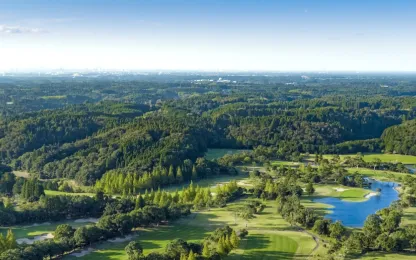
Manna Country Club (Manna Course)
真名カントリークラブ 真名コース
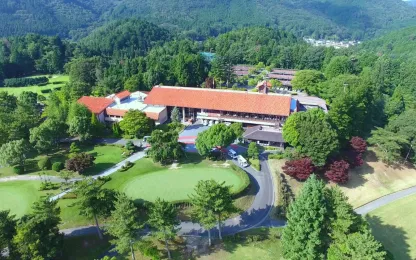
Kansai Country Club
関西カントリークラブ
Less than an hour from Osaka and Kyoto, this flat course nestled atop a plateau-like hill boasts minimal elevation changes, while offering a serene...
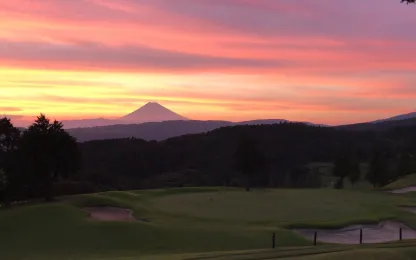
Dai-Atami Kokusai Golf Club
大熱海国際ゴルフクラブ
An esteemed golf course nestled in the Izu area, the course was built in 1961, and is perched atop a hill 450 meters above sea level, offering...

